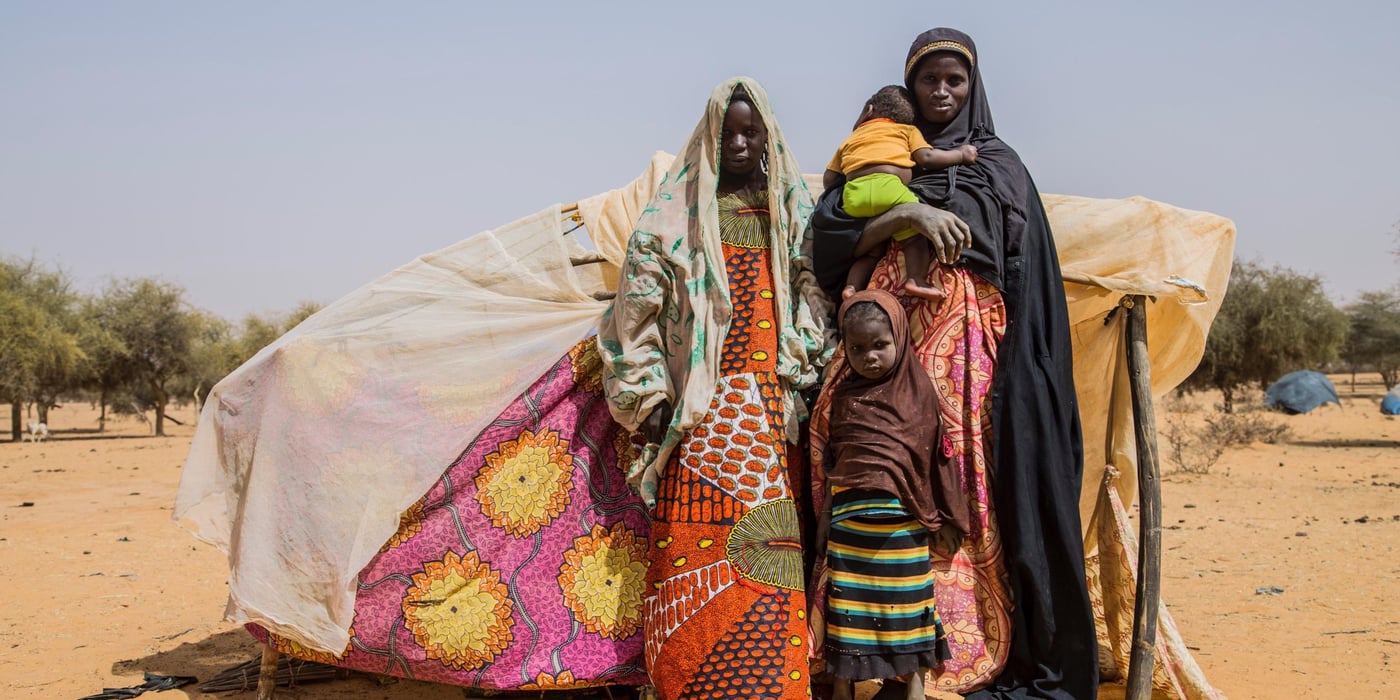
The Norwegian Refugee Council (NRC) is concerned returns are increasing tensions within communities, and tipping the food crisis closer towards famine.
“Northeast Nigeria is ill-prepared for so many people returning back,” warned Cheick Ba, NRC’s Country Director in Nigeria. “We are seeing tensions rise in communities. People often return to discover their houses are occupied and they don’t have the means to rebuild their lives. They find themselves displaced once again.”
The Nigerian government launched a military operation in 2015 to push armed groups out of the northeast of the country. This resulted in people fleeing the region, with some fleeing further to neighbouring countries.
Lack basic services
The signing of the tripartite agreement between the governments of Cameroon and Nigeria, and the UN Refugee Agency (UNHCR), to support voluntary returns, resulted in an upsurge of people returning from Cameroon at the end of 2016. Consequently, Nigeria is now struggling to support newly returned refugees, returnees from other areas and internally displaced people.
NRC is concerned that people are returning to areas that lack basic services, such as water, sanitation, housing and infrastructure. “Families moving back to government-controlled areas, often find their homes occupied by other families,” said Ba. “They are left homeless and extremely vulnerable, on top of the tension created between them and the new occupants of their homes. The ground is simply not set for this scale of return.”
The state urgently needs to strengthen the mechanisms to resolve land and property disputes caused by people returning. With rainy season due to start in July, farmers need access to land to grow food in the months ahead.
Shortages of basic services in areas of return are also causing tensions. In Dikwa town in Borno State, many of the 20,000 returnees queue for hours in sweltering 40-degree heat for water. Food is also scarce, with families there reduced to surviving on one meal a day.
Facing a food crisis and looming famine
In Damasak town, where 180,000 people have returned since the end of 2016, the majority do not have the resources or capacity to restart agriculture activities. This is despite 90 per cent being farmers before they fled in 2014. NRC visited the town in April, and saw that local infrastructure that existed before the crisis - roads, water networks and farming land - was largely destroyed.
On top of this, northeast Nigeria is facing a food crisis and looming famine. Food experts fear that almost 7 million people will go hungry in the coming months. Already people tell us food is their number one need and number one concern. Some families are so desperate for food that they have eaten their seed stocks, leaving them nothing to plant for the next growing season.
Forced return
To make matters worse, Nigeria’s surrounding countries including Niger and Cameroon are forcing refugees in their territories back to Nigeria. At least 2,600 refugees were forcefully returned by Cameroon between January and March, according to UNHCR.
Communities began to flee violence in northeast Nigeria in 2009, following relentless violence by the armed group Boko Haram. Some 1.8 million people have been displaced inside Nigeria since, and over 200,000 have fled to Cameroon, Chad and Niger.




